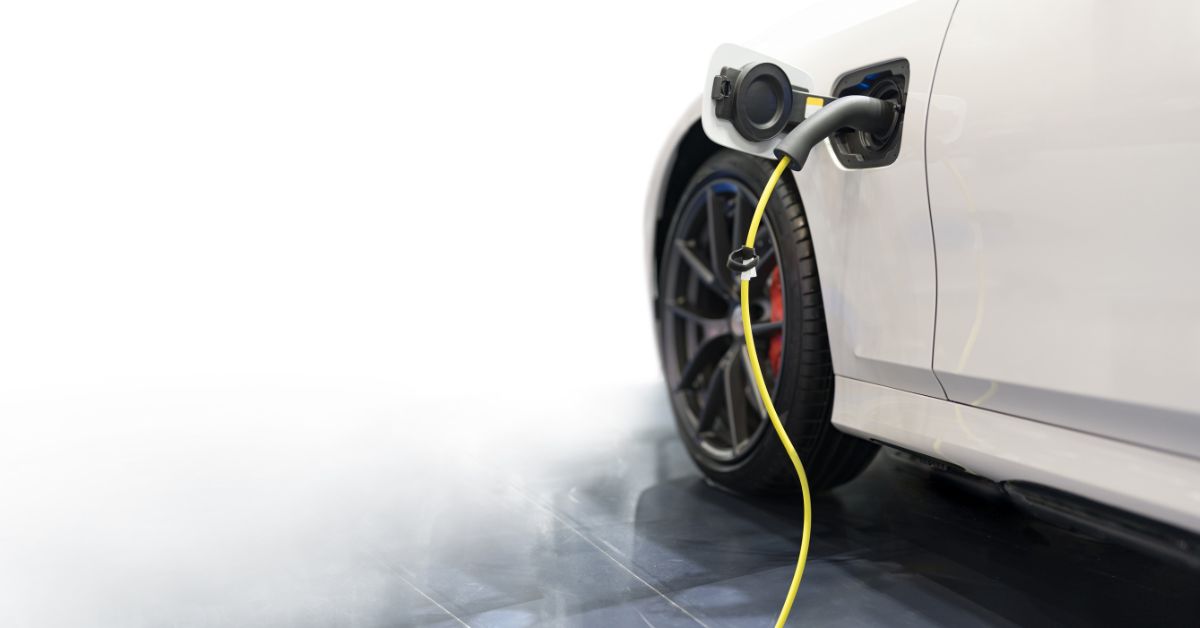
Clean Vehicle Credit in 2024
Starting in 2024, the IRS made it easier and quicker for taxpayers to realize the value of the clean vehicle credit. Eligible taxpayers can receive the value of the credit directly from the dealer when they purchase a clean vehicle. Vehicle dealers that advance the credit are paid back the amount advanced by the IRS. Before this update, taxpayers could only claim the credit when filing their income tax return, delaying the benefit.
The electric vehicle credit for vehicles used for personal use can be up to $7,500. Vehicles that meet the requirements are eligible for the following credit amounts:
- $3,750 for vehicles meeting the critical minerals requirement
- $3,750 for vehicles meeting the battery components requirement
- $7,500 for vehicles meeting both the critical minerals requirement and the battery components requirement
In addition, the IRS has also updated its Clean Vehicle FAQs, offering insights into the eligibility rules and details of the New Clean Vehicle Credit. This article highlights the latest changes, including the December 2023 and October 2023 updates, shedding light on key considerations for taxpayers, dealers, and tax professionals navigating the evolving landscape of clean vehicle credits in 2024.
Clean Vehicle FAQs
The IRS published FAQs on its website to help guide taxpayers and professionals in understanding the requirements for the clean vehicle credit. The FAQs aim to provide taxpayers and tax professionals with general information about the credit. It’s important to note that the IRS advises caution concerning the FAQs, emphasizing they are intended for general purposes only. Taxpayers should refrain from relying solely on them for their specific circumstances. Additionally, the FAQs undergo periodic updates without prior notice.
December 2023 Update
In December 2023, the IRS added two questions to the Clean Vehicle FAQs, identified as numbers 13 and 14 in Topic A — FAQs about the eligibility rules for the New Clean Vehicle Credit under §30D effective Jan.1, 2023.
Question 13 answers whether a vehicle placed in service in 2024 qualifies for the $3,750 portion of the new clean vehicle credit if the battery has components manufactured by a foreign entity of concern but meets the critical mineral requirements. The FAQ answers that the vehicle would not qualify for a partial credit if a foreign entity of concern manufactures any battery components as it is no longer considered a new clean vehicle.
Question 14 explains that a qualified manufacturer is required to attest under penalties of perjury that it complies with the foreign entity of concern requirement. This attestation should be done to the best of the qualified manufacturer’s knowledge and belief.
What is a Foreign Entity of Concern?
The federal register defines a foreign entity of concern (FEOC) as an entity that, among other things, is “owned by, controlled by, or subject to the jurisdiction or direction of a government of a foreign country that is a covered nation.” Countries that fall under these standards include China, Russia, Iran, and North Korea. The clean vehicle credit is not applicable if a battery component on the vehicle is manufactured in one of these countries.
Why This Matters
Despite part of the requirements for claiming the credit requiring a vehicle to meet mineral requirements, the IRS is clear in the FAQ that if an FEOC manufactures the battery, the vehicle will not qualify for even a partial credit. Accordingly, the new guidance will reduce the number of vehicles eligible for any portion of the credit.
Additionally, the requirement for manufacturers to attest to compliance with the FEOC requirement may pose challenges when determining if their vehicles adhere to the strict standards. Taxpayers should ensure they receive the appropriate documentation from the vehicle dealer to attest the vehicle their client purchased qualifies for the credit.
October 2023 Update
Before the December update, the IRS also added to and revised the FAQs in October 2023. The October update added three topic sections- H, I, and J:
- Topic H: Transfer of New Clean Vehicle Credit and Previously-Owned Clean Vehicle Credit
- Topic I: Registering a Dealer/Seller for Seller Reporting and Clean Vehicle Tax Credit Transfers
- Topic J: Seller Report Information for Buyers of New and Previously-Owned Clean Vehicle Tax Credits Beginning 2024
All three of these new topics deal with questions regarding the new way the credit can be claimed when the vehicle is purchased. Topic H primarily has information on the transfer election, buyer eligibility, and information shared between dealers and buyers. Topic I has information for dealers regarding the registration process. Topic J answers what a buyer of a clean vehicle must provide to the seller and how the buyer can confirm they can claim the credit.
In addition to these additional topics, the IRS also updated various other questions throughout the FAQ.
Why This Matters
With the new rules for the clean vehicle credit starting in 2024, many taxpayers and dealers have questions regarding the logistics and eligibility requirements for claiming the credit. These updated FAQs help answer questions for taxpayers and guide them if they want to claim the credit as an advanced payment from the dealer.
Guidance for Tax Professionals
Generally, tax professionals should stay current with updates and revisions to FAQs posted on the IRS website. Professionals should also only use the FAQs as general guidance and analyze their client’s circumstances to ensure proper compliance with requirements.
Additionally, even though the credit is advanced to the taxpayer at the time of vehicle sale, the required information does need to be reported with the income tax return on Form 8936. Accordingly, professionals should obtain the documentation that attests to the fact that the vehicle qualifies for the credit, especially with these new vehicle restrictions.
Closing Thoughts
The new regulations allow vehicle dealers to advance the credit to buyers at the time of purchase, eliminating the need for taxpayers to wait until filing their income tax return. However, recent updates also introduce strict requirements for vehicles to qualify for the credit, particularly concerning battery components. Taxpayers and professionals should review the IRS guidelines so they comply with requirements when claiming and reporting the clean vehicle tax credit.
By Ashley Akin, CPA

Sources:
Stay up-to-date!
SIGN UP FOR EMAIL NOTIFICATIONS



